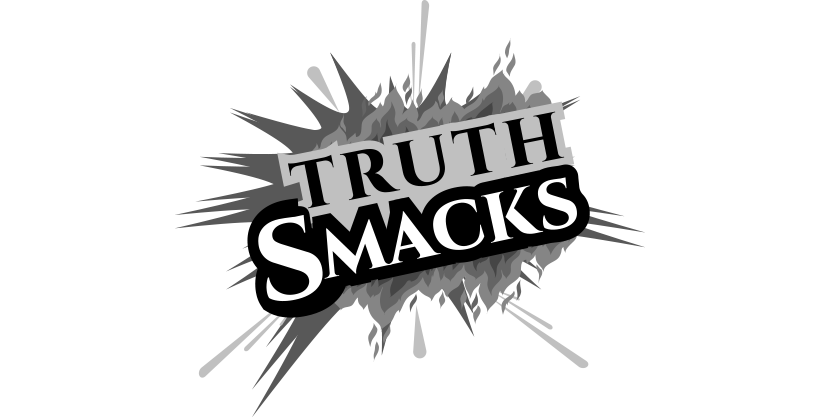8 powerful key Structured Data and Schema Markup for Technical SEO
Structured data and schema markup play a crucial role in technical SEO by providing search engines with additional context about the content on a website. When implemented correctly, structured data can enhance search engine visibility, improve click-through rates, and enable rich snippets in search results. Here are some key steps to optimize structured data and schema markup for technical SEO:
some key steps to optimize structured data and schema markup for technical SEO:
- Understand Schema.org: Schema.org is a collaborative project between major search engines like Google, Bing, Yahoo, and Yandex. It provides a standardized vocabulary for marking up structured data on web pages. Familiarize yourself with the schema.org vocabulary to identify relevant schemas for your content.
- Identify Appropriate Markup Types: Determine which types of structured data are most relevant to your website’s content. Common markup types include articles, reviews, events, products, recipes, organizations, and more. Choose markup types that accurately describe the content on your pages.
- Implement Structured Data Markup: Add structured data markup to your website’s HTML code using schema.org vocabulary. You can include structured data directly in HTML using JSON-LD, Microdata, or RDFa formats. JSON-LD is recommended by Google for its simplicity and flexibility.
- Use Google’s Structured Data Testing Tool: After implementing structured data markup, use Google’s Structured Data Testing Tool (or Rich Results Test) to validate your markup and ensure it’s properly formatted without errors. This tool can help you identify any issues that need to be fixed.
- Optimize Markup for Rich Results: Structured data markup can enable rich results in search engine listings, such as rich snippets, knowledge panels, and carousel features. Optimize your markup to increase the likelihood of your content being displayed as rich results. For example, include relevant properties like ratings, reviews, prices, and availability where applicable.
- Include Local Business Markup: If your website represents a local business, include Local Business markup to provide search engines with essential information like business name, address, phone number, opening hours, and geographical coordinates. This can improve visibility in local search results and Google Maps.
- Monitor Performance: Regularly monitor the performance of your structured data in search results using Google Search Console. This tool provides insights into how your structured data markup is performing, including the number of rich results impressions and clicks.
- Stay Updated: Keep abreast of changes and updates to schema.org and search engine guidelines. As search engines evolve, new markup types and features may be introduced, requiring adjustments to your structured data implementation.
By following these steps and implementing structured data markup effectively, you can enhance the visibility and relevance of your website’s content in search engine results, leading to improved technical SEO performance.












